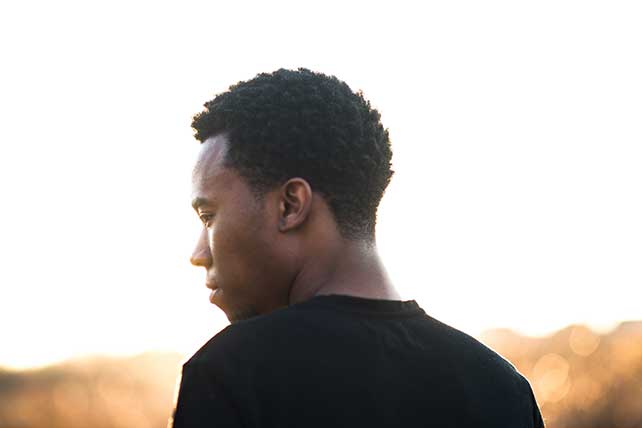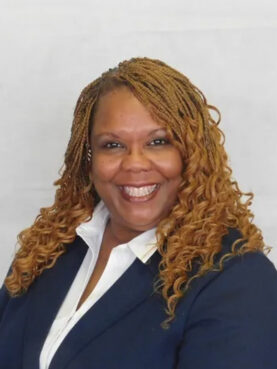(RNS) — For Kenya Procter, a pastor who trains other faith leaders to understand and prevent suicide, it was personal before it became her job. Two decades ago, she and her husband, Fallon, lost a close friend named Jay they had gotten to know when the two men were serving at a U.S. Army base together. After Jay’s death, Procter couldn’t stop ruminating over why he had chosen to end his life.
Procter also found she couldn’t comfortably talk about it. But in 2010, a volunteer spot opened up at the American Foundation for Suicide Prevention while Fallon was serving at Fort Bragg, now Fort Liberty, in North Carolina. Procter realized she could channel her own response to Jay’s death into helping others who had lost someone to suicide.
“It gave me this ‘aha’ moment,” said Procter, who today is executive pastor of Ambassadors for Christ Worship Center, a nondenominational church in Raeford, North Carolina, where Fallon is pastor. “I wanted other people to know that you don’t have to walk around with this stigma because you lost someone to suicide.”
RELATED: Complementary Roles of Counselors and Churches in Providing Mental Health Care
Raised in the Black church tradition in Louisiana, Procter has learned that part of her discomfort in talking about Jay’s death had to do with her upbringing; as a clergyperson, she knows that Black pastors are among those who most need to talk about suicide.
Today, Procter is part of a national movement that works with community-based organizations, health officials and mental health advocates to train Christian faith leaders on how to talk to their parishes about this critical topic. She is also on a mission to make sure that clergy receive the help they need to come to terms with their own mental health needs.
Suicide has a disproportionate impact on Black communities in the United States: In 2020, suicide was the third leading cause of death for Black people in their teens and early 20s. In 2019, young Black women in particular were 60% more likely to attempt suicide than their white peers.
In many Black communities, the church is often a hub for many services beyond spiritual uplift. In rural communities especially, congregants and noncongregants rely on churches for information about everything from voting to health care. It is also the first place many people bring their celebrations and their troubles, money struggles and personal grief. So if clergy isn’t talking about suicide, “then that means nobody’s talking about it,” Procter said.
Soon after she volunteered to help with suicide prevention at Fort Bragg, Procter joined a program called Applied Suicide Intervention Skills Training, known as ASIST, and began teaching others to do the work. As she graduated to a board chair for the program and became a pastor herself, she became more concerned with faith leaders’ views about, and susceptibility to, suicide.
RELATED: ‘I Didn’t Know Myself Anymore’—Lauren Daigle Reveals Mental Health Struggles Shaped Her New Album
“I had been screaming for years saying, ‘We need to do something for clergy.’ And me being clergy, you would think it would be easier, but it’s not. It’s so hard to get clergy involved, to say, ‘Let’s have a conversation about suicide,’” she said.
Kenya Procter. (Courtesy photo)
Early in the COVID-19 pandemic, the U.S. Department of Health and Human Services sponsored a grant program to investigate ways to reduce disparities in delivery of health care. North Carolina’s public health officials took advantage in part by partnering with LivingWorks. The resulting program was called Faith Leaders for Life and focused on suicide prevention. LivingWorks, which is the parent company of ASIST, was asked to develop a training program for clergy. Its director of faith community engagement, Glen Bloomstrom, in turn tapped Procter as one of the faith leaders working with other clergy.
The silence in the Black community about suicide goes beyond faith, Procter said. The history of oppression has made having resilience and mental strength — or at least being perceived to — a necessity for survival. “We don’t talk about mental health, we don’t talk about suicide,” said Procter. “If we’ve lost someone to suicide, we go, ‘The person passed away.’”


